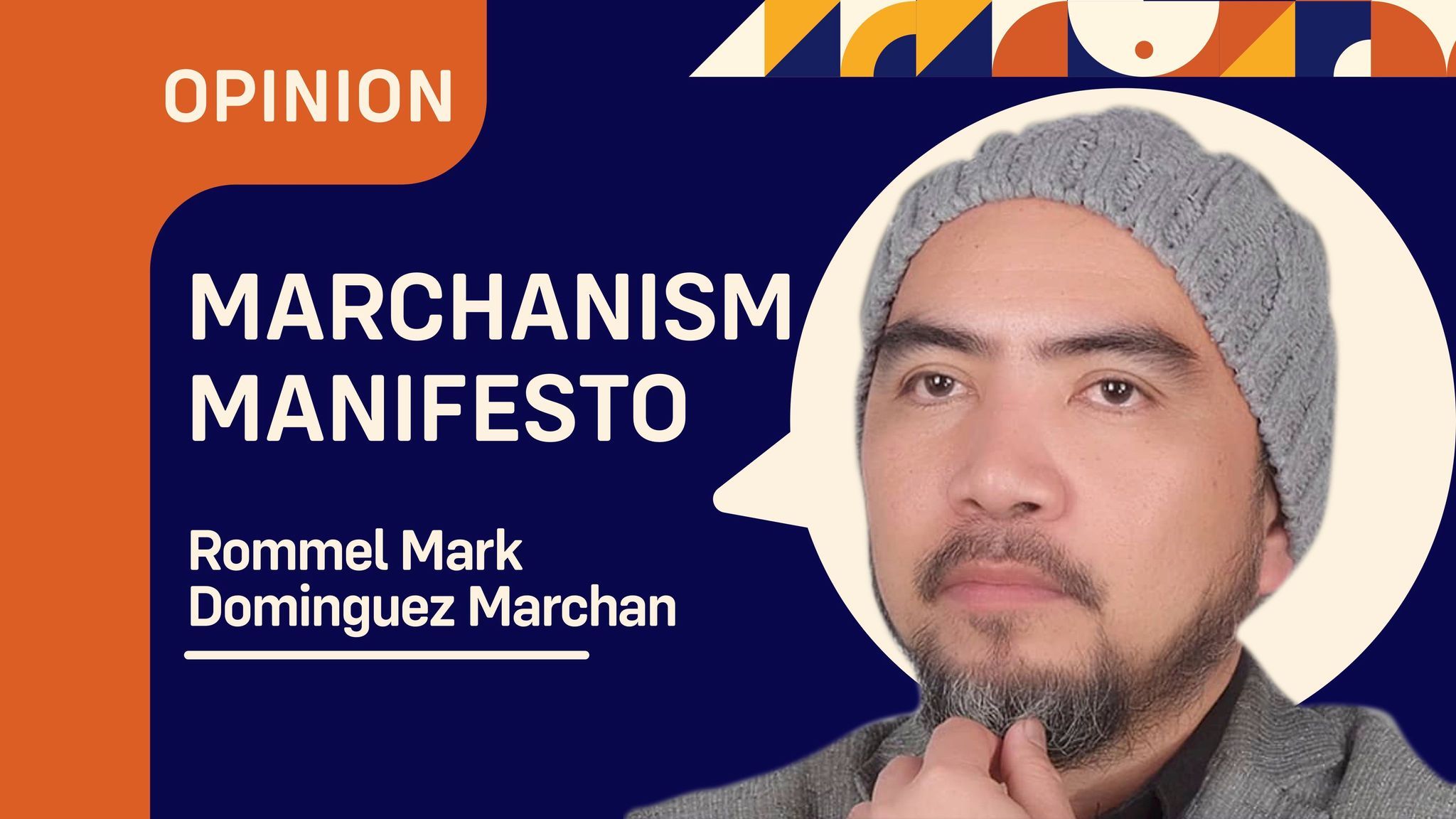The sight of politicians handing out money to their poor constituents has become all too common. For some, it’s a lifeline in moments of dire need. For others, it’s a strategic move to secure political loyalty. The poor, in turn, often believe that the money they receive can alleviate their poverty. But can it really?
Former Presidential Anti-Corruption Commission (PACC) Chairman Greco Belgica once said, “Money has never been the solution to poverty.” This message resonates deeply. Poverty is not simply a lack of cash; it’s a lack of opportunity, education, and empowerment. Yet, why do politicians—and even governments—continue to rely on cash handouts instead of investing in jobs, skills training, and a robust economy that enables sustainable livelihoods?
The Convenience of Cash
Providing money is quick, visible, and tangible. It creates immediate relief for recipients and generates instant political goodwill. Politicians can point to their generosity as proof of their concern for the poor. However, these handouts rarely address the root causes of poverty. Instead, they perpetuate a cycle of dependency, leaving the underlying issues unresolved.
The Challenges of Systemic Change
Transforming poverty into prosperity requires more than short-term solutions. Building a healthy economy, creating jobs, and equipping people with skills demand time, resources, and consistent effort. These are long-term investments, and unfortunately, many politicians are more focused on short-term gains that align with their election cycles.
Additionally, corruption, inefficiency, and lack of vision often hinder efforts to implement sustainable programs. It’s easier to hand out cash than to build infrastructure, reform education, or create an environment conducive to economic growth.
Dependency vs. Empowerment
Some leaders may even prefer to maintain the status quo. A dependent population is easier to control and more likely to vote for those who provide direct financial aid. This approach, however, strips people of their dignity and opportunities for self-reliance.
The Real Solution
True poverty alleviation requires jobs, skills training, and access to education and healthcare. It means fostering a thriving economy where individuals can earn a living and improve their circumstances. It’s about creating a society where one’s background doesn’t limit success but is achievable through effort and opportunity.
As citizens, we must challenge the handout mentality and advocate for policies that empower people rather than perpetuate dependency. Only then can we break free from the cycle of poverty and create a future where no one needs to rely on handouts to survive.
#WeTakeAStand #OpinYon #OpinYonColumn #MarchanismManifesto
